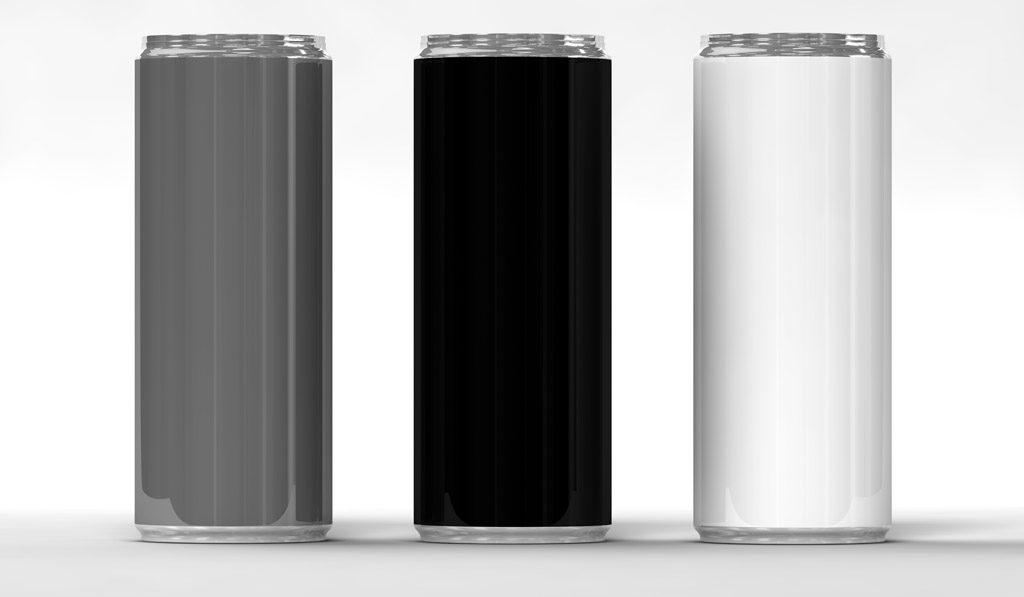Editor
03-Jun-2019
With a rise in intake of energy drinks, it is time we consider the concerns in relations to it. A total of 6.8 billion cans of Red Bull were sold worldwide in 2018, representing an increase of 7.7% against an already very successful 2017. Top growth markets included India (+30%), Brazil (+22%) and Eastern Europe (+22%). According to Forbes, Redbull is #71 on the Most Valuable Brand List of 2019 and Monster is #11 on the World’s Most Innovative Companies of 2018. The popularity of energy drinks is undeniable, but are they even good for you? If you go by a recent study published in the Journal of the American Heart Association, the answer is no. According to the study, caffeinated energy drinks can alter the heart's electrical activity and raise blood pressure. These electrical charges signal the heart's chambers squeezing and relaxing, the changes in which are generally considered mild. Yet, those on medication could be at a higher risk of a fatal arrhythmia, or irregular heartbeat. This holds true for those suffering with certain heart conditions as well. [caption id="attachment_5474" align="aligncenter" width="660"] Credits: Maxwell De Araujo Rodrigues | Dreamstime[/caption] The study was conducted at the McGovern Medical School in Houston. 44 nonsmoking, young and healthy medical students in their 20s were examined and tested for baseline endothelial function, or blood vessel function after consuming one 24-ounce (nearly 710 ml) energy drink as it is an indicator of cardiovascular risk. They were re-tested after 90 minutes of consumption. Their overall blood vessel health was also measured by examining artery flow-mediated dilation using an ultrasound before and after the 90-minutes. An acute impairment in vascular function was found just after one drink. At baseline, vessel dilation averaged at 5.1 percent in diameter, which fell to 2.8 percent after one drink and 90 minutes. This reduction can restrict blood flow and oxygen delivery, which together increase the heart’s work and decrease oxygen supply simultaneously. This can immediately cause a cardiac arrest, while long-term effects include and increased risk of high blood pressure, coronary heart disease, stroke or rheumatic heart disease, in addition to other vascular diseases. The American Beverage Association defends the safety of energy drinks, citing the use of recurring ingredients found in common foods that have been studied for safety. However, health experts like the World Health Organization disagree, saying they "may pose danger to public health."
Credits: Maxwell De Araujo Rodrigues | Dreamstime[/caption] The study was conducted at the McGovern Medical School in Houston. 44 nonsmoking, young and healthy medical students in their 20s were examined and tested for baseline endothelial function, or blood vessel function after consuming one 24-ounce (nearly 710 ml) energy drink as it is an indicator of cardiovascular risk. They were re-tested after 90 minutes of consumption. Their overall blood vessel health was also measured by examining artery flow-mediated dilation using an ultrasound before and after the 90-minutes. An acute impairment in vascular function was found just after one drink. At baseline, vessel dilation averaged at 5.1 percent in diameter, which fell to 2.8 percent after one drink and 90 minutes. This reduction can restrict blood flow and oxygen delivery, which together increase the heart’s work and decrease oxygen supply simultaneously. This can immediately cause a cardiac arrest, while long-term effects include and increased risk of high blood pressure, coronary heart disease, stroke or rheumatic heart disease, in addition to other vascular diseases. The American Beverage Association defends the safety of energy drinks, citing the use of recurring ingredients found in common foods that have been studied for safety. However, health experts like the World Health Organization disagree, saying they "may pose danger to public health."